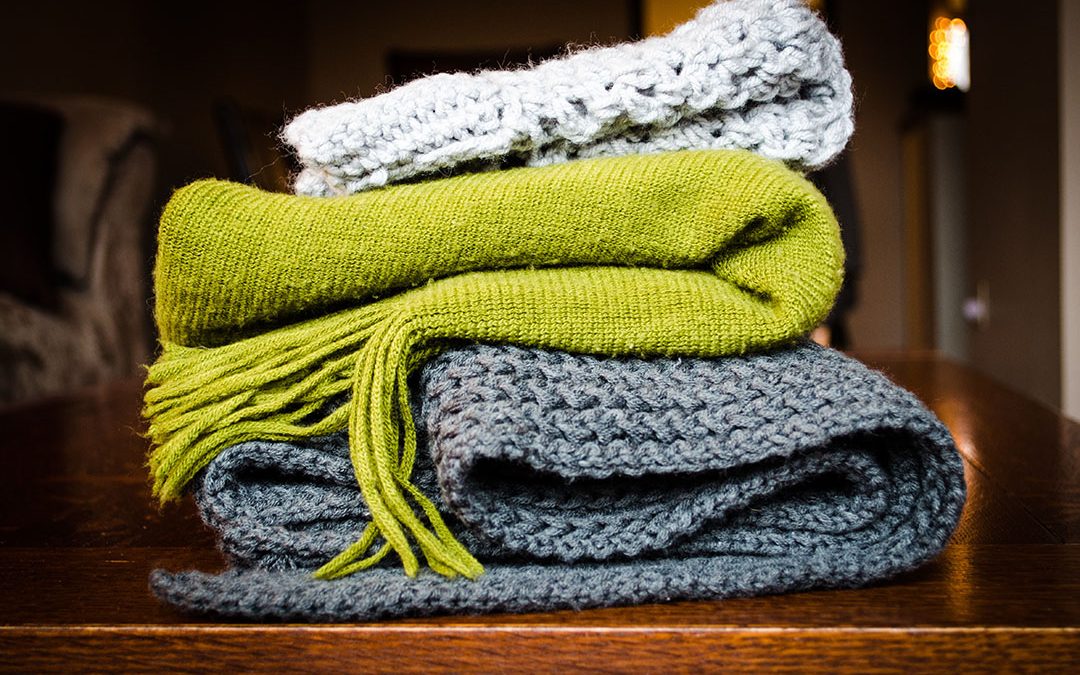Here are QUAD Fuels, we understand just how important it is to not only look after your home, but to also pay special attention to your heating too! This is especially true as we’re heading into Autumn at full speed. If you use an oil boiler to heat your home, here are some things that you should know!
Heating Oil isn’t Expensive
Some people are probably under the impressions that heating oil is expensive. You do, after all, have to purchase new oil a few times per year in order to refill your fuel tank.
The prices of heating oil are competitive. Heating oil dealers are competing with each other, and this competition keeps prices as low as possible. Due to the ongoing COVID-19 pandemic, oil prices dropped from February but they are slowly climbing back up ready for the colder season when demand increases, so please get in touch about filling your tank today.
Water in the Fuel Tank
If you ever find water in your oil storage tank, don’t be too worried. Finding water in your tank isn’t an uncommon discovery at all. Water can naturally accumulate in oil tanks over time. The primary culprits are condensation and rainwater.
Sometimes, damage to your fuel tank allows water to seep inside through hair-line cracks or poor seals. In any case, eliminating the water isn’t that difficult to do. Use a small hand pump and pump the water out from the bottom of the tank. Be sure to responsibly dispose of the water at your local refuse centre since it will be contaminated from some of the oil.
They Require Maintenance
If you haven’t had the realisation by now, we’ll just come out and say it. Oil boilers require some serious maintenance on your part. And you don’t want to skimp on this area of maintenance because a poorly maintained oil boiler can cause harm to you and your family and not run efficiently costing you more money in the long run.
Having said this, here’s a short list of maintenance musts:
- Getting your tank inspected annually
- Arranging for your tank to be cleaned as and when needed or checked for traces of water build up
- Upgrading and replacing parts of your boiler

